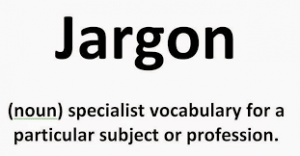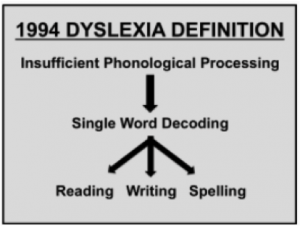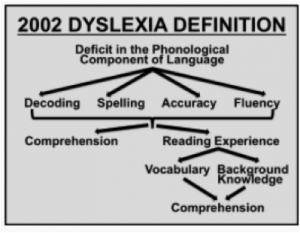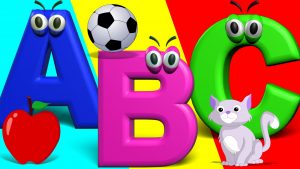
Parenthood is a journey filled with milestones, from your baby’s first steps to their first day of school. Along the way, you might notice some signs that your child needs a little extra support. It’s natural to wonder if you’re overreacting or if you should take action. The truth is, early intervention can be a game-changer, and here’s why:
- Catching Issues Early
Just like with a small crack in a wall that can become a big problem if not fixed, early intervention helps address challenges before they grow. Children develop rapidly in their early years, so spotting and addressing concerns like speech delays or motor skills issues early on can prevent them from becoming bigger obstacles in the future.
- Maximizing Developmental Potential
Children’s brains are incredibly adaptable during their early years. Early intervention harnesses this adaptability, helping kids achieve their developmental milestones more effectively. By providing support at this stage, we give them the best chance to reach their full potential in areas like communication, social skills, and learning.
- Building Confidence and Independence
When children receive the support they need early on, they can build their skills and confidence. This can lead to greater independence and a more positive self-image. For example, a child who receives speech therapy early might find it easier to express themselves and make friends, which boosts their self-esteem.
- Enhancing Family Dynamics
Early intervention is not just about the child; it also supports the whole family. When parents have guidance and resources, it reduces stress and provides clear strategies for helping their child. This support strengthens family bonds and helps create a more harmonious home environment.
- Preventing Secondary Issues
Sometimes, delays in one area can lead to challenges in other areas. For instance, a speech delay might affect a child’s social interactions, leading to frustration or behavioral issues. By addressing these challenges early, we can prevent these secondary problems from developing and help children thrive.
- Tailored Support and Resources
Early intervention programs are designed to cater to each child’s unique needs. These programs offer personalized strategies and resources, ensuring that children get the specific help they need. This individualized approach can make a significant difference in their overall development.
- Fostering Positive Relationships
When children receive early support, they’re often more likely to develop positive relationships with peers and adults. Early intervention helps them build social skills and emotional regulation, which are crucial for forming healthy relationships throughout their lives.
- Long-Term Benefits
Research shows that children who receive early intervention are more likely to succeed in school and later in life. They tend to have better academic outcomes, improved social skills, and a greater ability to handle challenges as they grow.
Getting Started on Your Journey
If you have concerns about your child’s development, don’t hesitate to seek help. Early intervention services can provide assessments and support tailored to your child’s needs. Trust your instincts and reach out to professionals who can guide you through the process. If you specifically have concerns around your child’s reading, writing, speech and emotional skills, get in touch with us today.Early intervention can make a profound difference in a child’s development and overall well-being. By taking action sooner rather than later, you’re giving your child the best chance to thrive. Remember, every child is unique, and getting the right support at the right time is a powerful step towards a brighter future.
-Caitlin Sassen














 This is not a new language, this is what comes from young children who learn the names of the letter before the sounds. When it comes to names, think of how an adult would recite the alphabet. Sounds, on the other hand, are just that: the individual sounds heard in a word. Using sounds, children are better able to come to the words that make up the sentence The cat sat on the mat.
This is not a new language, this is what comes from young children who learn the names of the letter before the sounds. When it comes to names, think of how an adult would recite the alphabet. Sounds, on the other hand, are just that: the individual sounds heard in a word. Using sounds, children are better able to come to the words that make up the sentence The cat sat on the mat.